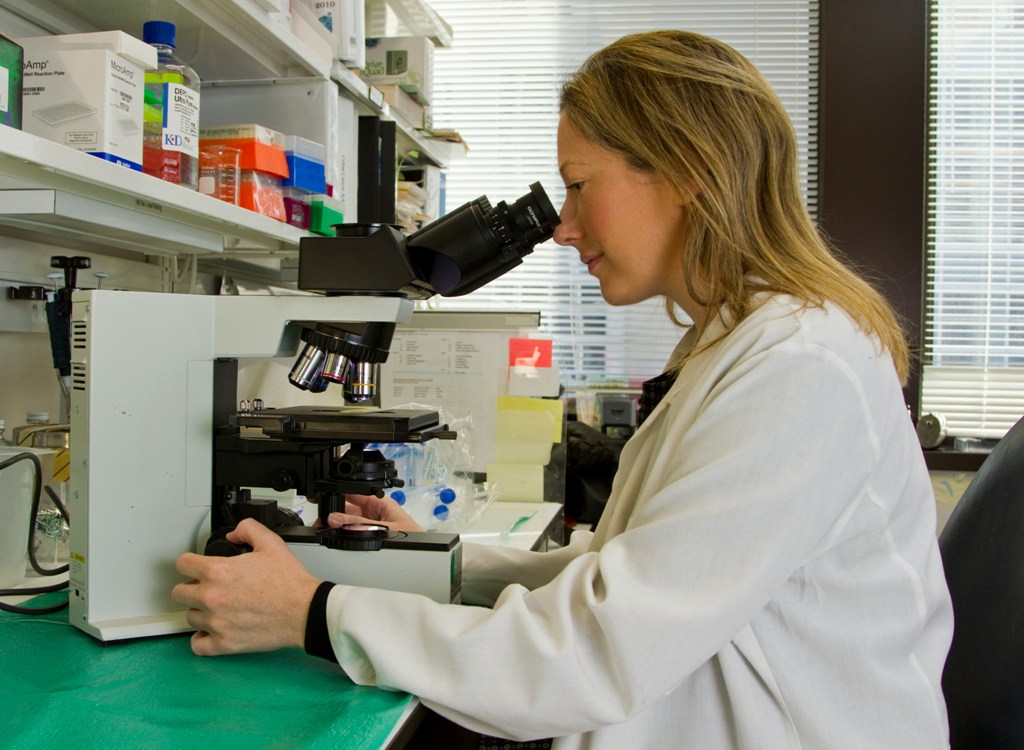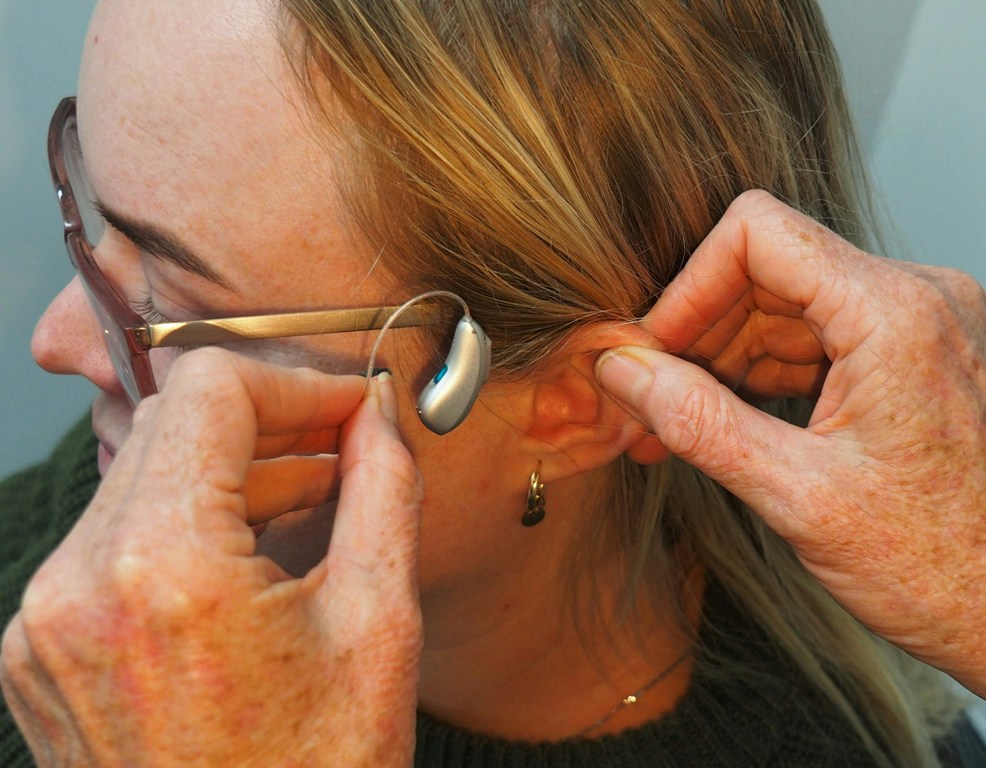A new WHO report says tobacco control efforts protect three-quarters of the world’s population
Hashtag: #HealthNews
Alcohol-related liver disease deaths rising sharply among women and young adults
The study attributes the increase to higher alcohol consumption during the Covid-19 pandemic, as well as a rise in health conditions such as obesity and high blood pressure.
Women on nightshifts face greater risk of moderate to severe asthma: Study
The research, published in ERJ Open Research, found that women who worked only nightshifts were around 50 percent more likely to suffer from moderate or severe asthma than women who worked only during the day.
Daily almonds may boost heart and gut health: Study
The research, conducted by scientists at Oregon State University in the United States, showed that daily almond consumption led to signs of better heart and gut health.
Social, economic barriers are factors leading to global fertility crisis: UN Report
The global fertility slump isn’t down to young people turning their backs on parenthood
Late-life depression may signal early dementia, study finds
The study involved 52 people with late-life mood disorders and 47 healthy individuals. The researchers used advanced brain scans to detect abnormal tau protein and amyloid deposits in the brain.
Study finds link between air pollution and premature birth
A new study found that exposure to the tiny particles in air pollution during pregnancy can disrupt maternal metabolism
Scientists find new way to tackle antibiotic-resistant golden staph
Earlier research on how bacteria evolve was usually done long after patients had been treated. But this new method lets doctors study bacterial changes while the infection is still active, giving them real-time information to guide treatment.
Childhood hearing loss may be prevented through vaccination
Hearing loss affects over 1.5 billion people across the world. It is often seen as a problem related to ageing, but infections in early life are also an important cause.
WHO alerts flavoured nicotine products driving youth addiction
WHO warns for most nicotine users today, their first experience with the drug is a flavoured product












